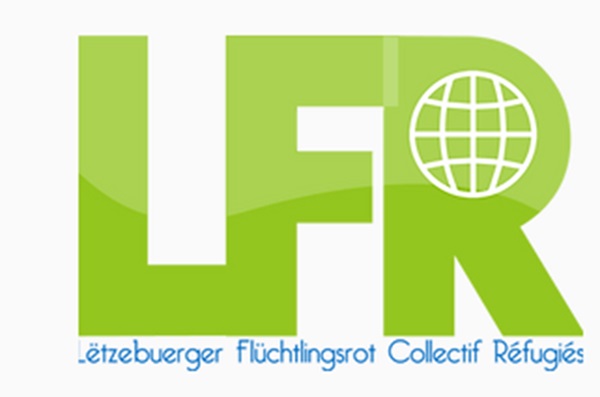
Luxembourg's refugee collective, the Lëtzebuerger Flüchtlingsrot (LFR), has called for a proactive strategy to boost the employability of refugees in the Grand Duchy.
The LFR said that, amid a lack of reliable data and in-depth studies on this subject, the organisations working with refugees note that current refugee employment rates are very low. It argued that there is "a real danger" that this population becomes dependent on welfare, ultimately leading to frustration among both refugees and the general population.
Citing what it perceived to be successful policies from other countries, such as Germany, the LFR criticised the Luxembourg government's lack of "a coherent, clear and proactive policy to promote the professional integration of refugees".
The LFR thus proposed a set of targeted measures based on the analysis of 31 international and national studies and 25 labour market integration projects managed by fifteen initiatives (primarily Luxembourg-based non-profit organisations).
The collective outlined the following five immediate priorities:
- abolishing all delays in obtaining the temporary work permit (AOT), plus allowing refugees to work upon arrival and raising awareness among businesses; conducting early assessments of their qualifications and skills;
- allowing all asylum seekers full access to ADEM employment services - not just those with temporary protection status - to help fill labor shortages;
- establishing a proactive policy of access to apprenticeships for refugees by removing barriers to adult education, providing preparatory courses in various sectors (as is already the case for hospitality) and ensuring refugees can complete training even if asylum is denied, with a pathway to a work visa if employed;
- raising awareness and equipping businesses with the skills to employ refugees through free training courses provided by experts in the field, targeting HR and personnel;
- strengthening the current inter-ministerial platform by involving associations active in the field to further promote the employability of asylum seekers.
The LFR emphasises that integrating refugees into the workforce helps them move out of state-funded shelters and reduces dependency on social benefits (e.g. REVIS), which in turn helps reduce financial pressure on the state.
The collective concluded that it was time to review the current strategy, which it said "leads to forced inactivity and distances [refugees] from the labour market".








